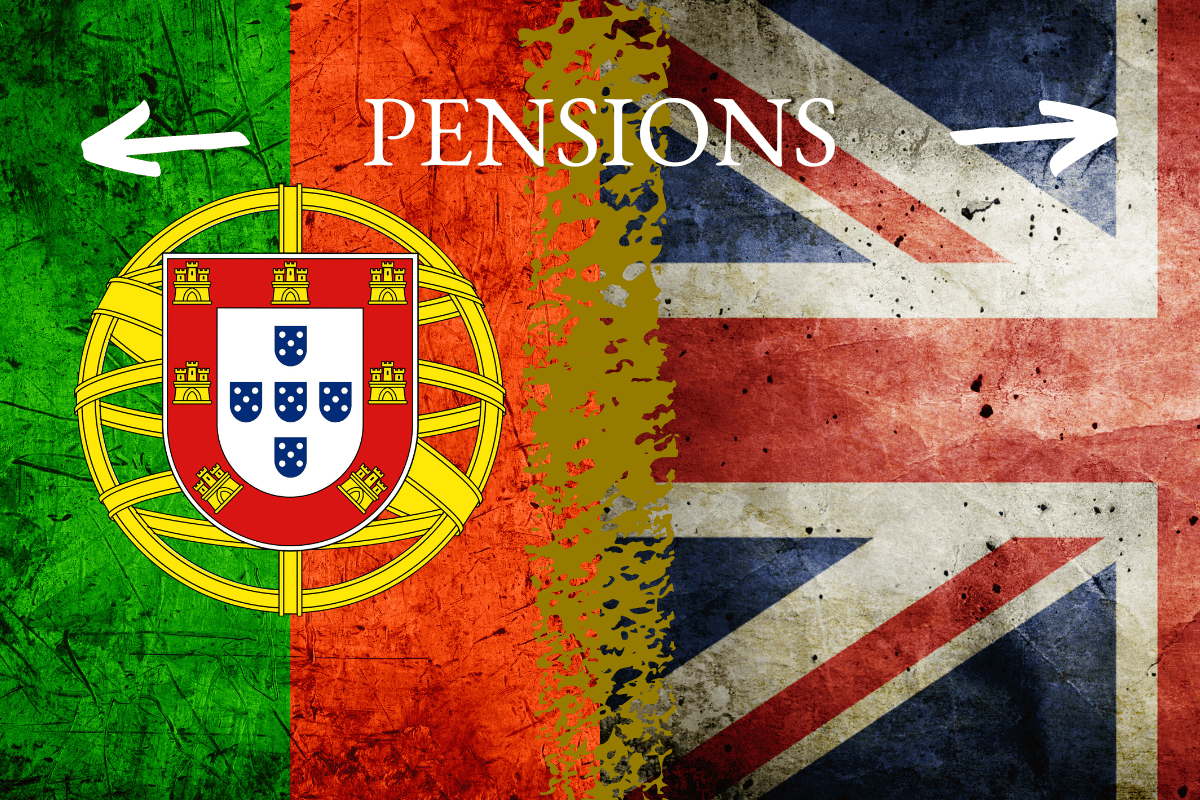I’m asked the above question by many clients, and the short answer is – yes. Whether it is the best thing to do however is something that should be looked into on a case-by-case basis with a qualified pension specialist.
Here, we will look at the general tax position of UK personal pensions, Self-Invested Personal Pensions (SIPP), defined benefit schemes and qualifying recognised overseas pension schemes (QROPS) for Portuguese tax residents and the restructuring options available.
Income tax
For Portuguese tax residents, the income tax position of having a UK pension scheme and a QROPS is the same. During NHR, pension income will be taxed at 10% or 0%, depending on your NHR status. Post-NHR, generally the income will be subject to scale rates of tax.
From a UK perspective, generally, UK pension income will not be taxable in the UK and you can request to have it paid out to you in Portugal gross. This will avoid the onerous process of claiming back tax at source from HMRC. I say generally because if you have a UK-based government scheme e.g. civil service, military or certain NHS schemes, the UK retains the taxing right and the income will always remain taxable in the UK.
All pension income, irrespective of which country has the taxing right, must be declared in Portugal if you are a resident there. You will receive a tax credit for any tax paid to HMRC, so you will not have to pay tax twice on the same income.
There is no UK taxation on overseas pensions held by Portuguese tax residents as there is no UK dimension to consider.
Inheritance tax
The death tax position between having a UK-based pension and a QROPS is also the same i.e. both will be outside of your estate for UK Inheritance Tax purposes.
From a Portuguese perspective, as long as the scheme is not Portuguese based, it will not attract Stamp Duty (10%) on death.



















